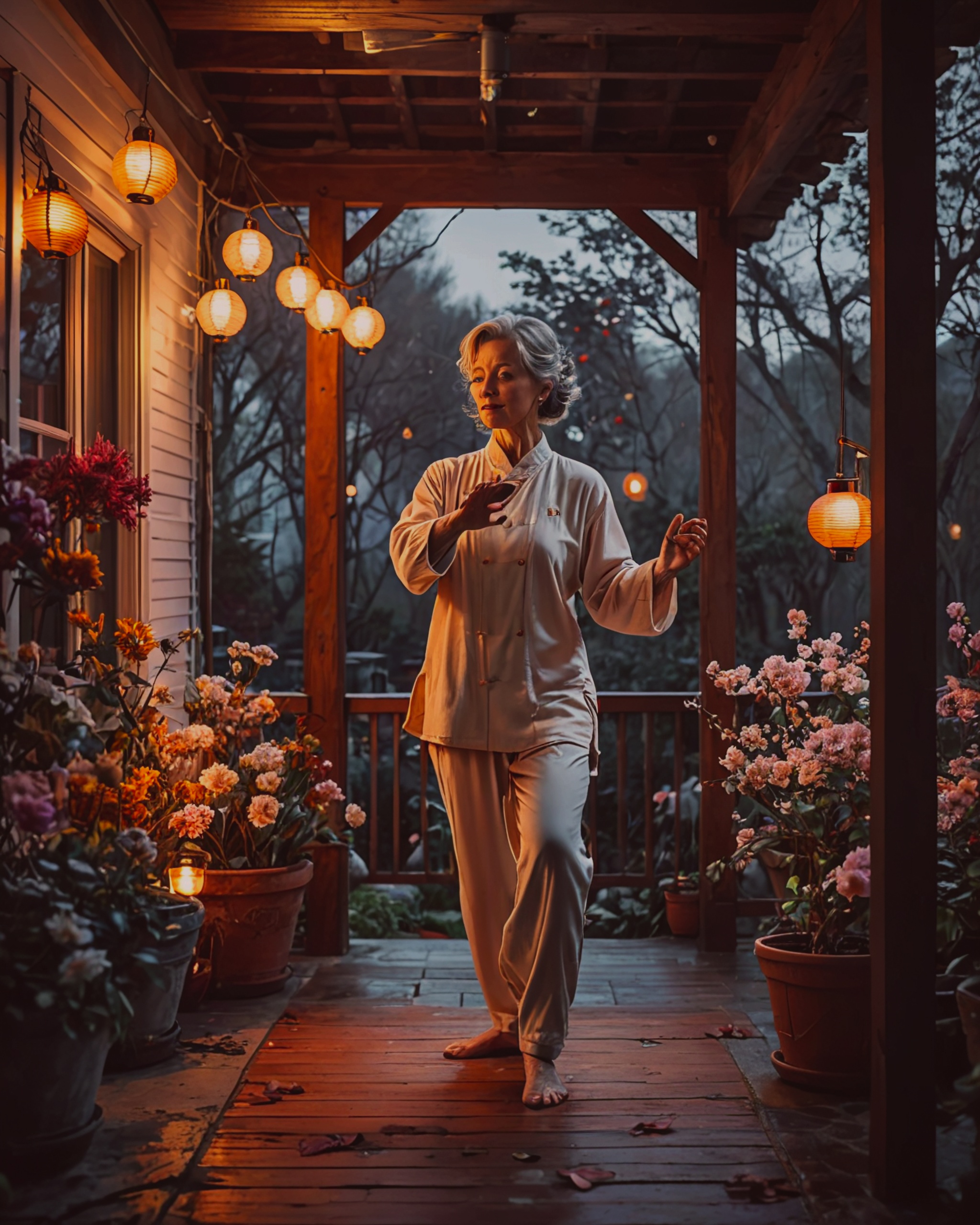Light evening exercises such as chair squats and calf raises can lead to a better night’s sleep and potentially mitigate the risk of diabetes and heart disease in older adults, according to a new study.
Background on Health Risks of Evening Exercises
Previous research has established a link between prolonged sitting, insufficient sleep, and an increased risk of heart disease, diabetes, and mortality. Historically, vigorous exercise evening has been discouraged due to its potential to raise body temperature and heart rate, which can negatively impact sleep quality.
New Study Findings
The study, published in the journal BMJ Open Sport & Exercise Medicine, reveals that short bursts of light activity in the evening can extend sleep by up to 30 minutes. This research is pioneering in its focus, involving approximately 30 participants who completed two four-hour evening sessions: one of prolonged sitting and one with three-minute activity breaks every half hour.
Exercise Interventions
The exercises included chair squats, calf raises, and standing knee raises with straight leg hip extensions. These activities were chosen for their simplicity and convenience, as they require no equipment or significant space and can be performed without disrupting activities like watching TV. These evening exercise tips can help incorporate beneficial movement into your routine.
Study co-author Meredith Peddie highlighted, “These simple, bodyweight exercises were chosen because they don’t require equipment or a lot of space, and you can do them without interrupting the TV show you are watching.”
Results and Implications
After the exercise interventions, participants slept for 30 minutes longer on average. Jennifer Gale, the study’s lead author, noted, “We know that for many of us, our longest uninterrupted sitting happens at home in the evening. In our previous studies, we have found that getting up and doing 2-3 minutes of exercise every 30 minutes reduces the amount of sugar and fat in your bloodstream after a meal.”
Gale continued, “However, many sleep guidelines tell us we shouldn’t do longer bouts or higher-intensity exercise in the hours before sleep, so we wanted to know what would happen if you did very short bouts of light-intensity activity repeatedly throughout the evening.”
Alternative Activities
Researchers suggest that similar positive effects can be achieved by walking around the house or marching in place. Even dancing alone in the living room can be beneficial. Evening stretching exercises can also be a good addition to this routine.
Dr. Peddie emphasized, “The most important thing is that you get out of your chair regularly and move your body.” Regularly interrupting long periods of sitting is a “promising health intervention.”
By incorporating these simple exercises into your evening routine, you may enhance your sleep quality and reduce the risk of significant health issues. For those considering morning and evening exercises, the timing can depend on your personal schedule and how your body responds, but evening exercise is good for weight loss and overall health improvement. Whether you’re doing the best evening exercises or just looking for evening exercise at home, the key is consistency and finding what works best for you. So, when considering whether evening exercise is good or bad, it’s important to note the numerous benefits, especially when done in moderation.
STAY INFORMED ABOUT THE LATEST US HEALTH NEWS BY FOLLOWING US AT WSCOVERAGE



